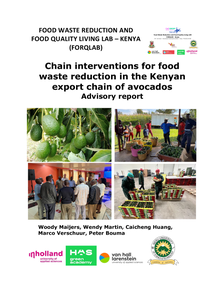Fluidity models in the supply chain privilege the sustainable integration of capabilities and collaboration among its members in order to guarantee an efficient and safe flow of resources throughout all its processes. This research proposes a fluidity model for the agroindustry supply chain as a solution with regard to the sector’s needs of supply chain processes, and opportunities to collaborate within the field of innovation and sustainability through of traceability and proactive risk management as a tool for creating resilient systems. The model is based on a holistic vision that will allow it to adapt to an ever more complex and continuously transformed global environment that demands solutions to assess the global impact of local decision-making in the supply chain over a period of time, considering its implications and contributions to the agroindustry and agro-logistics sector. Finally, pertinent research areas are identified in the integration of agroindustry supply chain echelons.
DOCUMENT
This publication the avocado advisory report which is based on popular papers (practice briefs) of master and bachelor theses and business assignments of students at three Dutch Universities of Applied Sciences: Van Hall Larenstein (VHL), InHolland and HAS Green Academy, and Meru University of Science and Technology in Kenya. All 23 theses and business assignments were commissioned through the research project entitled “Food Waste Reduction and Food Quality LivingLab (FORQLAB)” in Kenya.
MULTIFILE
